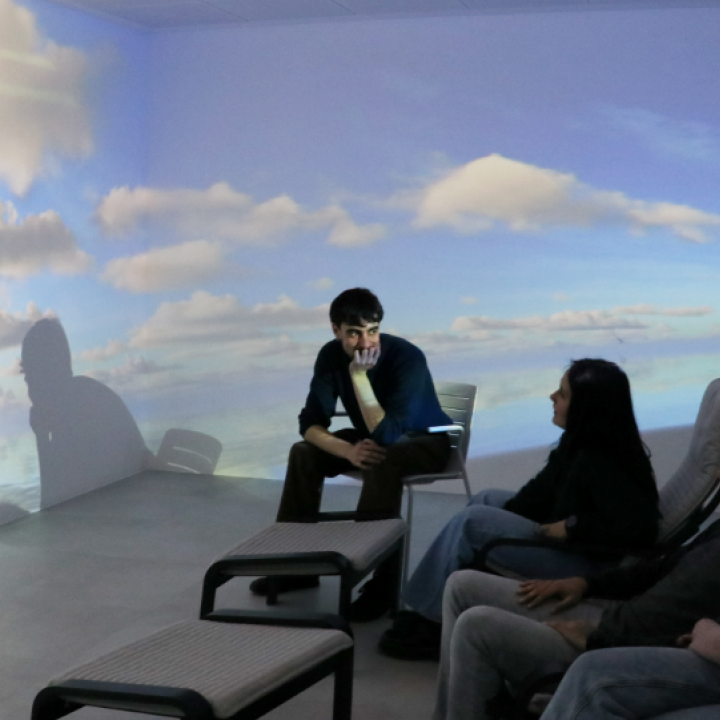The lifestyle of today's society leads us to act more individually and reduce our circle of interactions with other people. This limits that the first social relationships of a child at birth are the same family.
In addition, the first social interactions, whether with family members, are the foundation that provides confidence and security when it comes to growing up and allow the creation of new links with the people who are joining the child's world.
Foster children and young people may be psychologically affected by the complex situations they experience. Which, at the same time, can hinder social relationships, requiring the participation of close adults who help them acquire emotional regulation skills and allow them, through the bond, to heal the wounds that life has caused them.
In this sense, for trauma therapeutic interventions to be favorable and significant, the involvement of the context is essential. At the same time, we must bear in mind that the environment of a supervised child includes different groups: in the case of those who reside in residential centers it would be the educators and, in foster care, the members that make up the family.
So, the emotional health of children is the shared responsibility of society and all the agents that support and accompany this childhood that has diminished emotional and social development. Aware of this need, and with the motivation to support these children, the Psicointegra initiative was born.
Psicointegra is a specialized psychological support service with the aim of improving the psycho-emotional health and quality of life of people and their close social environment, in an integral way. The professionals are specialized in trauma therapy for children, adolescents and families affected by early, complex and cumulative trauma.
Within the axes of action of Psicointegra is the therapeutic accompaniment in the Sala de Valents, which has been devised with individual needs as the center, in order to adapt to the casuistry of each one of them / s.
This therapy space is not limited only to these children, support is also offered to their families, foster people or educators so that they can understand what is happening, feel accompanied and can access the resources to face the education process. and support.
However, is one hour of therapy a week enough to change the lives of these children and adolescents? The answer is no. For this reason, the involvement of the welcoming environment that can be provided by a significant person, who will become the figure of the cotherapist, is essential.
Fostering itself must be a repairing element. It allows these children to have a safe, stable, affectionate context... that offers them a healthy bond that will allow them to create or preserve the bond that every child needs for their vital development.
To create a secure bond, a context of affection and appreciation is needed in an unconditional way. A continuous and constant accompaniment to these families is essential to be able to understand and manage the great backpack of emotions that these foster children and adolescents bring. Only in this way can resilience be promoted to break with transgenerational abuse.
As a society, do we seek to abolish this transgenerational trauma of the affectations of the bond due to situations of negligence? What can we offer from our site that life has offered us? We can all offer our grain of sand to be part of this tribe of good deals.
“Family foster care, through stable interpersonal relationships and sensitive to the needs of foster minors, allows us to generate epigenetic changes that reduce the effects of early adversity and prevent the transmission of transgenerational trauma from abuse”. (Herce, C. and Benito, R. 2021)





